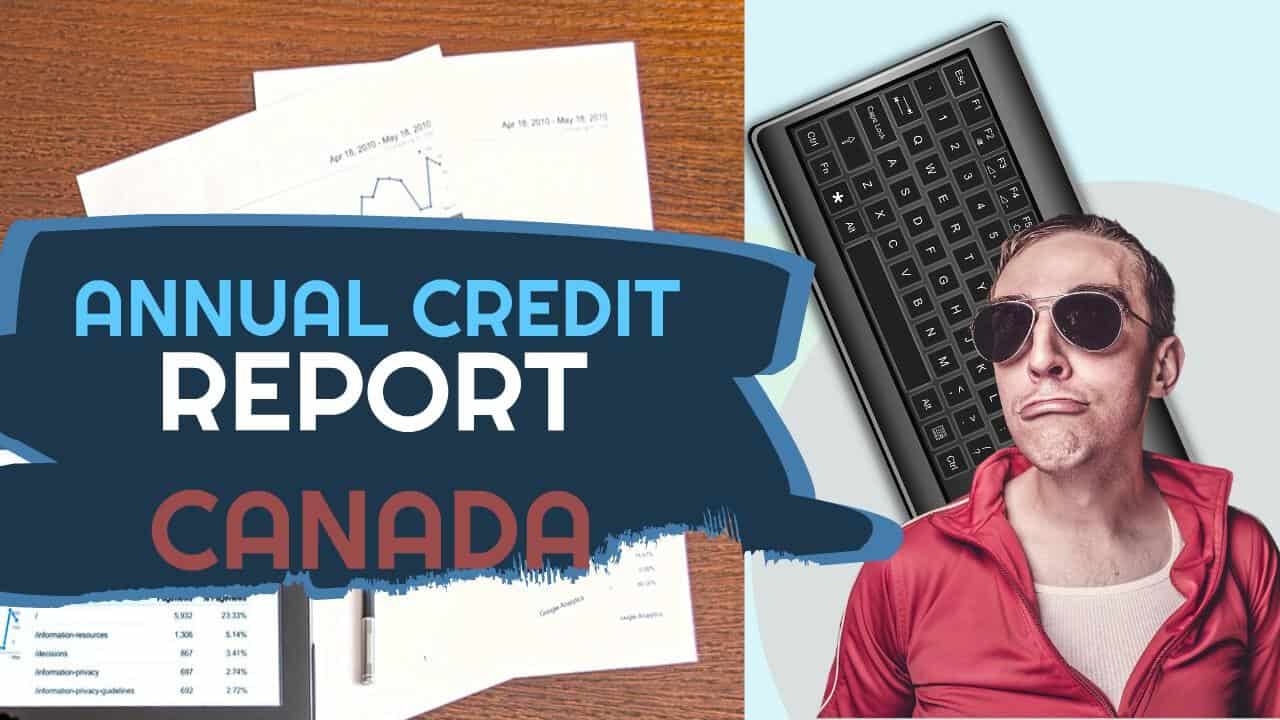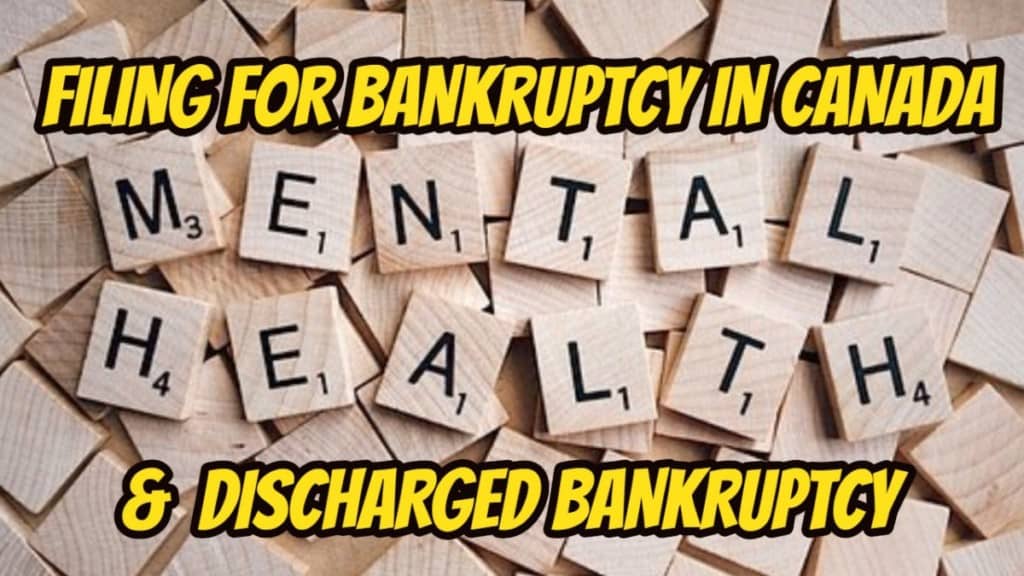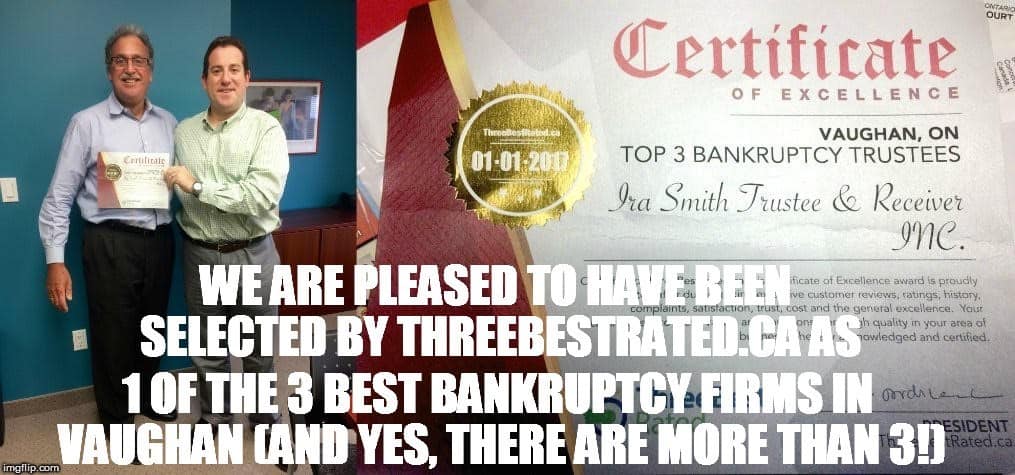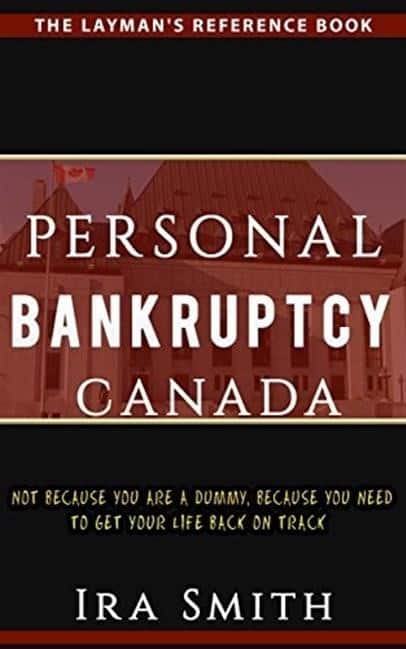 If you would prefer to listen to the audio version of this collection agency Ontario Brandon’s Blog, please scroll to the bottom of this page and click on the podcast
If you would prefer to listen to the audio version of this collection agency Ontario Brandon’s Blog, please scroll to the bottom of this page and click on the podcast
Introduction
In many of the free consultations I provide, the issue of collection agency Ontario arises. More often than not, people and companies that are insolvent, experience harassing phone calls from debt collectors.
In fact, in certain corporate bankruptcy or receivership matters that I handle, there are certain situations where I hire a collection agency. They can be very effective in collecting amounts owing to the insolvent company.
The purpose of this collection agency Ontario Brandon’s Blog is to answer the top 4 questions that I am asked about collection agencies.
1 – How do collection agencies work in Ontario
In Ontario, debt collectors need to be signed up and should adhere to the guidelines outlined in the Collection and Debt Settlement Services Act, R.S.O. 1990, c. C.14 and its regulations.
The Ontario Ministry of Government and Consumer Services registers and controls these firms.
Ontario registered collection agencies must first send you a personal letter by mail or email. Their letter should include:
- details on just how much you owe as well as the kind of product and services that put you in debt
- the name of the business/individual you owe money to
- the amount of the debt on the day it was initially due and payable and, if different, the level of debt presently owing
- advice that a breakdown of the present amount owing will be offered upon demand
- the name of the collection agency and also the individual collector that is requiring payment of the financial debt
- that the debt collector is registered in and as a collection agency Ontario
- the contact details of the debt collection agency, including the complete mailing address, phone number and, if applicable for communication, their email address
- a disclosure statement, which discusses your legal rights and the steps you can take if you believe the debt collection company has broken the law
After the agency sends out the letter they need to wait six days prior to their next effort to get the payment of the financial debt.
Collection agencies work on a commission basis. They get to keep a percentage of the debts collected on behalf of their respective clients.
2 – Can a collection agency sue you in Ontario?
The short answer is yes.
A collection agency, once it gets approval from its client, the party that feels you owe them money, can sue you. If it is a large amount of money, they will definitely hire a lawyer to do it. If it is a smaller amount that can be handled by Small Claims Court, they might hire a lawyer, a paralegal, or just have one of the collectors do it him or herself in Court.
The rules of the Court will apply. The collection agency will issue a Statement of Claim against you. You will then have the time the Court allows to file your defence. The Court will look at all the evidence before it and render its judgment. If you are found liable for the debt, then the collection agency can attempt to enforce the judgment against you. They will try to garnishee your bank account and/or a portion of your wages.
Keep in mind that in Ontario, the Limitations Act, 2002, S.O. 2002, c. 24, Sched. B has a fundamental restriction of 2 years. Anyone has specifically two years, starting from the day you first recognized or should have known, that a loss occurred, to file a claim and sue. The two year period would start running the day the person trying to collect a debt from you first contacted you about your being in default.
For example, a credit card company writes to you telling you that you are in default and asks that you pay up in full or else they will take further action against you. You don’t reply or pay, and they write to you again threatening legal action. Again you don’t respond or pay, and then you get a letter from a collection agency. The collection agency then sues you.
The collection agency is only the agent of the credit card company. The debt they are collecting is not their own, it is the debt of the credit card company. So, the first date the credit card company knew of a loss is not the first time you are contacted by the collection agency. It is the first time you are contacted by the credit card company. That is the day you start counting the two years from.
If the collection agency begins its lawsuit against you more than 2 years after the date the credit card company first advised you that you are in default, it is too late.
3 – How long can a collection agency collect on a debt in Ontario?
This is always a fascinating question for me. Even if the 2-year statute of limitations kicks in, all that means is that you cannot be sued any longer. It does not mean that you no longer owe the money. Most normal people, if they know they can’t be sued, will not pay. However, since the collection agency works on commission, it does not mean that they will necessarily stop calling you to ask for the money, even though they can no longer sue you.
You will always owe that debt. The Ontario Court of Appeal confirmed this in the case of Grant v. Equifax Canada Co., 2016 ONCA 500 (CanLII). In that case, the Court ruled that if you owe money, even if it is too late for you to be sued, it can still show up on your credit report in Ontario. The Court of Appeal went on to say just because a creditor misses the deadline or chooses not to sue within the two-year period it doesn’t mean that the debt still isn’t owed.
The only way in Ontario short of paying off the debt, or a lesser settlement amount, is to file either a consumer proposal or assignment in bankruptcy. Once you successfully complete your consumer proposal or get your discharge from bankruptcy, that debt and all other unsecured debts are wiped out. They are discharged. However, if the only debt you are not paying is the one the collection agency is trying to collect, an insolvency filing may be a very drastic and unnecessary step.
To find out for sure, you would have to consult with either a lawyer or a licensed insolvency trustee (formerly called a bankruptcy trustee).
4 – How do I stop a collection agency?
The only real way to stop a collection agency in Ontario is to either pay off the debt in full or arrange for a debt settlement and pay it. The settlement can be an immediate payment for less than the total amount owed, or paying off some amount over time.
If you cannot make a settlement with them that you can afford to pay and live up to, then you the only other way is to do an insolvency filing. As I mentioned above, in the case of an individual person, that would be either a consumer proposal or filing for bankruptcy. In the case of a company, it would be either a restructuring proposal or bankruptcy.
Are you on the edge of insolvency? Are bill collectors hounding you? Are you ducking all your phone calls to the point where your voicemail box is always full?
If so, you need to call me today. As a licensed insolvency trustee we are the only professionals licensed, recognized as well as supervised by the federal government to give insolvency assistance. We are also the only authorized party in Canada to apply remedies under the Bankruptcy and Insolvency Act (Canada). I can definitely help you to choose what is best for you to free you from your financial debt issues.
Call the Ira Smith Team today so we can get free you from the stress, anxiety, and discomfort that your cash issues have created. With the distinct roadmap, we establish simply for you, we will without delay return you right into a healthy and balanced problem-free life, Starting Over Starting Now.
Call the Ira Smith Group today.
[monkeytools msnip=”https://monkeyplayr.com/playr.php?u=5173&p=21253″]














